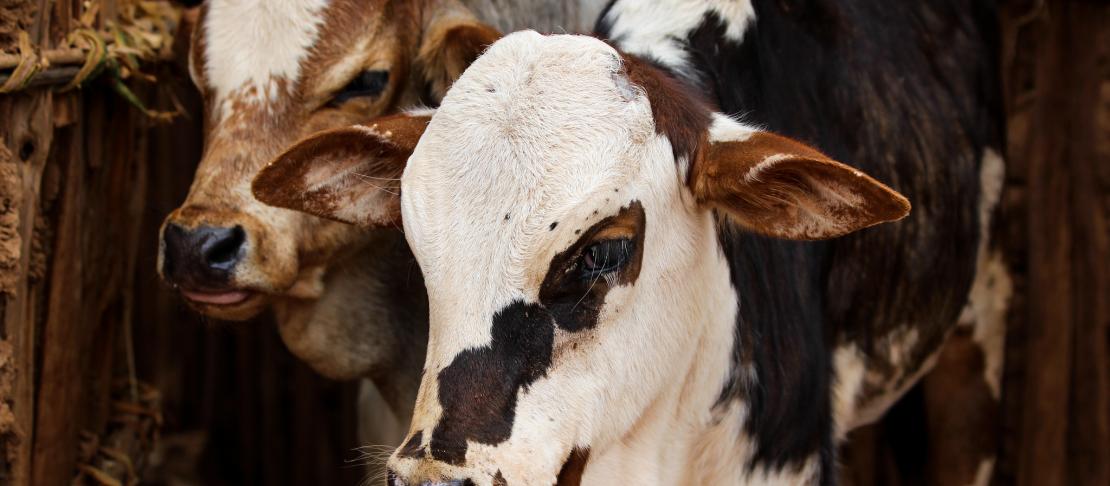Programme for Climate-Smart Livestock Systems (PCSL)

Project description
The Programme for Climate Smart Livestock (PCSL) project aims to ensure that key actors in the livestock sector increasingly include climate change adaptation and mitigation in their farming practices, sector strategies and investment projects. The project focuses on the combination of scientific data collection and solution-led field research on climate-smart livestock production. The results are being mainstreamed via large-scale investment projects. Together with livestock keepers, promising climate-smart livestock systems are being developed by the International Livestock Research Institute (ILRI) and are undergoing practical trials. They include improvements in the cultivation of specific fodder crops, feed processing as well as manure and pasture management. The contribution of livestock systems to climate change mitigation and adaptation is demonstrated through on-site measurements and laboratory investigations. These findings are being disseminated through training-the-trainer measures and are included in the curricula of relevant training and extension organizations. At policy level, possible development paths in the livestock sector are being designed as part of multi-stakeholder working groups, and participatory scenario planning for targeted decision-making is used. This ensures that the expected short, medium and long-term impacts of climate change on the livestock sector are taken into account in the planning of policy frameworks, strategies and investment projects. In addition, ILRI supports partner countries in shifting their measuring, reporting and verification (MRV) systems to tier 2 approaches in the livestock sector. This is particularly relevant in demonstrating the effectiveness of climate change mitigation measures, thus enabling countries to improve their reporting on the Paris Agreement.
Expected outcomes
- Each of the three focus countries (Kenya, Ethiopia and Uganda) will incorporate evidence and strategic options generated by the project into one livestock sector strategy.
- The CCAFS scenarios approach will be used to help decision-makers target and implement interventions that aim at improving livestock development in a climate-smart way, thereby improving the availability of nutrient-rich foods and access to income that helps boost food security for livestock keepers.
- In the three focus countries, 10,000 trained livestock keepers will apply validated measures for climate-smart livestock systems.
Gender and youth
This project was designed based on previous research by ILRI regarding the differences between men and women in livestock keeping practices, the ability to adopt adaptation measures, and the understanding that gender roles must be considered when designing interventions.
More information
For more information, please contact the project leader Polly Ericksen, ILRI (p.ericksen@cgiar.org).